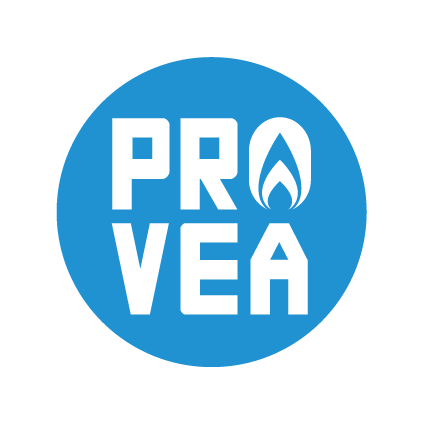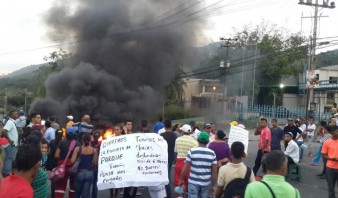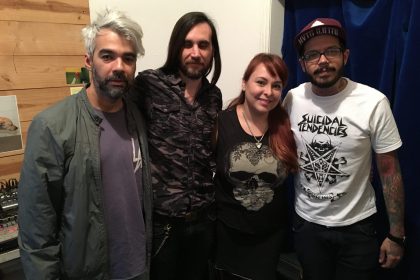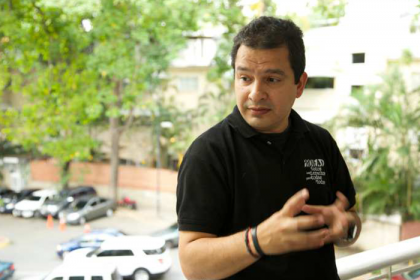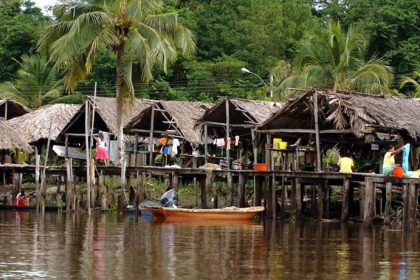Grave represión de la protesta social en Venezuela
English version below
El estudiante de bachillerato Kluiverth Roa, de 14 años de edad, fue asesinado de un disparo en la cabeza por un agente de la Policía Nacional Bolivariana del Estado Táchira durante una jornada de protesta estudiantil. Este hecho gravísimo no es un caso aislado. En los últimos días un joven wayúu de 17 años fue asesinado por funcionarios de la Fuerza Armada Nacional Bolivariana. Muchas personas resultaron heridas por acción de las fuerzas de seguridad en contexto de protestas y otros hechos violentos preocupantes todavía no fueron esclarecidos, en distintos lugares del país. La fiscalía encargada de la investigación de las muertes actuó con rapidez en el caso del joven Roa y el funcionario policial fue imputado en la causa. Es necesaria la misma diligencia en todos los casos.
El 27 de enero de este año, el gobierno venezolano, a través de la resolución 8610 del Ministerio de Defensa, estableció un nuevo modelo de control militar del orden público que incluye el “uso de la fuerza potencialmente mortal, bien con el arma de fuego o con otra arma potencialmente mortal”, como último recurso para “evitar los desórdenes, apoyar la autoridad legítimamente constituida y rechazar toda agresión, enfrentándola de inmediato y con los medios necesarios”. Estos aspectos de la norma renuncian a la protección de la vida y la integridad física como prioridad, habilitan graves violaciones a los derechos humanos y son contrarios a los estándares internacionales sobre el uso gradual, proporcional y excepcional de la fuerza en el control de las manifestaciones públicas. En función de estos estándares, consideramos que deberían ser derogados.
Los Estados deben garantizar el derecho a la protesta y las libertades de reunión, expresión y participación. Estas garantías implican que las acciones de las fuerzas de seguridad deben estar orientadas a proteger a los participantes de las manifestaciones y no a reprimirlos. Ante los conflictos, parte constitutiva de la vida social en democracia, el Estado debe procurar canales de interlocución para conducirlos políticamente. Al mismo tiempo, los Estados tienen el deber de investigar y sancionar a los responsables de las muertes.
La protección de los derechos humanos en contextos de protesta social en el continente será tema de una audiencia regional ante la Comisión Interamericana de Derechos Humanos (CIDH) el próximo 16 de marzo a las 14 hs. (Washington DC) en el marco de su 154° período de sesiones. La audiencia se realizará a pedido de 30 organizaciones de diversos países de la región, entre ellos Venezuela, Brasil, México, Argentina, Chile y EE.UU, ante regresiones en la respuesta estatal a la protesta de distinta gravedad en cada lugar.
Grave repression of social protest in Venezuela
High school student Kluiverth Roa, 14, was killed by a shot to the head fired by an officer from the National Bolivarian Police of Venezuela´s Táchira state during a day of student protests. This extremely grave incident is not an isolated case. In recent days, a wayúu indigenous youth of 17 years of age was killed by members of the National Bolivarian Armed Forces. Many people have been injured due to the security forces´ actions during protests, and there have been other violent episodes that remain unresolved in various parts of the country. The public prosecutor´s office heading the investigations acted swiftly in the Roa case and charges were filed against the police officer who fired the shot. Similar diligence is needed in all of these cases.
On January 27th of this year, the Venezuelan government -through the Defense Ministry´s resolution number 8610- established a new model of military control of public order that includes «the use of potentially lethal force, whether with a firearm or another potentially lethal weapon,» as a last resort to «avoid disorder, support the legitimately constituted authority and reject all aggression, confronting it immediately and with the necessary means.» These phrases renounce the protection of people´s lives and physical integrity as a priority, enable serious human rights violations and are contrary to international standards on the gradual, proportional and exceptional use of force to control public demonstrations. Based on those standards, we believe this language should be struck from the resolution.
States must guarantee the right to protest and the freedom of assembly, expression and participation. These guarantees imply that the actions of security forces should be oriented toward protecting participants in demonstrations, and not repressing them. When conflicts arise, which is an integral part of social life in democracy, the state should establish channels for dialogue to address them politically. At the same time, states have the duty to investigate and sanction those responsible for any deaths.
The protection of human rights in contexts of social protest in the Americas will be the topic of a regional hearing before the Inter-American Commission on Human Rights (IACHR) on March 16 at 2 p.m. (Washington, DC), during the Commission´s 154th period of sessions. The hearing will be held at the request of 30 organizations from numerous countries -including Venezuela, Brazil, Mexico, Argentina, Chile and the United States- in response to punitive state reactions to protests in each of these places, in varying degrees. (Prensa CELS, 04.03.2014)
